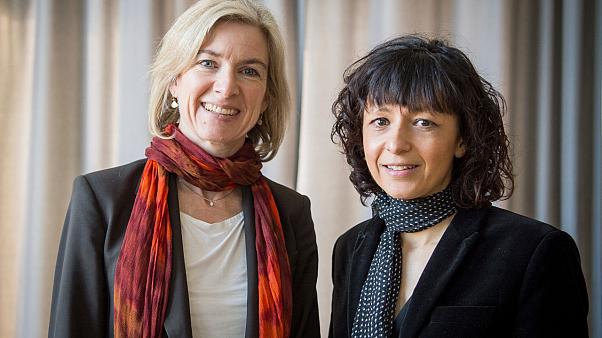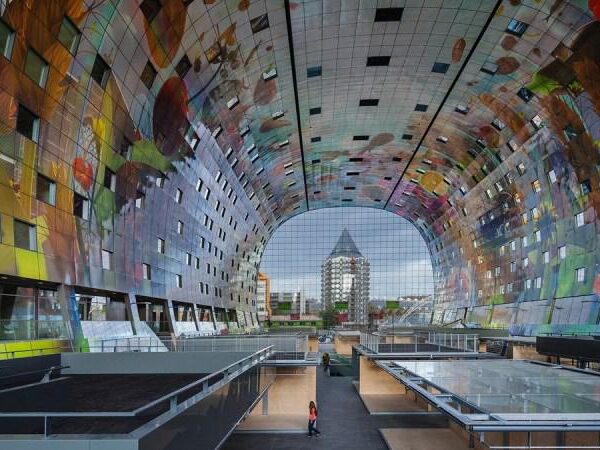Earlier this week, the 2020 Nobel Prize for Chemistry was awarded to French microbiologist, geneticist, and biochemist Emmanuelle Charpentier and American biochemist Jennifer A Doudna for their work on the development of CRISPR-Cas9, a cutting-edge genome editing tool. What’s really cool is that this is the first time that the Chemistry Nobel has been jointly awarded to two women scientists. There has long been criticism that the Nobel committee has a penchant for overlooking the work of women scientists. Add to this old biases and glass ceilings working against women in the sciences themselves. As a result, we have a situation where in many instances women are discouraged from pursuing a career in science.
At the heart of the problem is the patriarchal attitude that women are incapable of applying themselves to high-minded science subjects. This of course is total nonsense. The real reason why women are discouraged is that a patriarchal society expects women to behave in a way that serves the interests of men. And an intelligent woman doing high-level scientific work is simply too threatening for men seeped in patriarchal mores. This is precisely why young girls and women are ridiculously discouraged from being ‘too intelligence’. A patriarchal society proceeds to attack such smart, intelligent women as ‘frigid’, ‘unwomanly’, ‘dominating’ or ‘nasty’. But the truth is an intelligent woman is an affront to the false egos of patriarchal-minded men. The latter simply can’t accept that a woman can be free, more intelligent and doing pioneering work.
This has to change as when women are allowed to realise their full potential they enrich humanity doubly. And nothing could be a better example than this year’s chemistry Nobel. Charpentier and Doudna’s CRISPR-Cas9 is being used to do amazing work across multiple disciplines. For example, the gene editing tool was used this February to modify the genomes of three cancer patients to reprogramme their immune systems to fight off cancer cells. It is also being used to reverse congenital blindness and chronic pain. These are truly amazing lines of cutting-edge medical treatment that could benefit millions of people around the world. The point is women scientists like Charpentier and Doudna are waiting to be discovered and nurtured across countries. Imagine the scientific inventions and public good that could accrue for humanity when we have thousands of Charpentier and Doudna working on the most cutting-edge scientific projects.
Finally, at a time when the world is looking for a vaccine and a cure for the Covid-19 virus, it only makes sense to boost our scientific and medical resources by encouraging young girls to take up the sciences. Having more women in science can boost development for the whole world. Therefore, it is time to rid ourselves of patriarchal mores, celebrate scientists like Charpentier and Doudna, and hold them up as role models for future generations of young girls. The betterment of the world depends on this.










